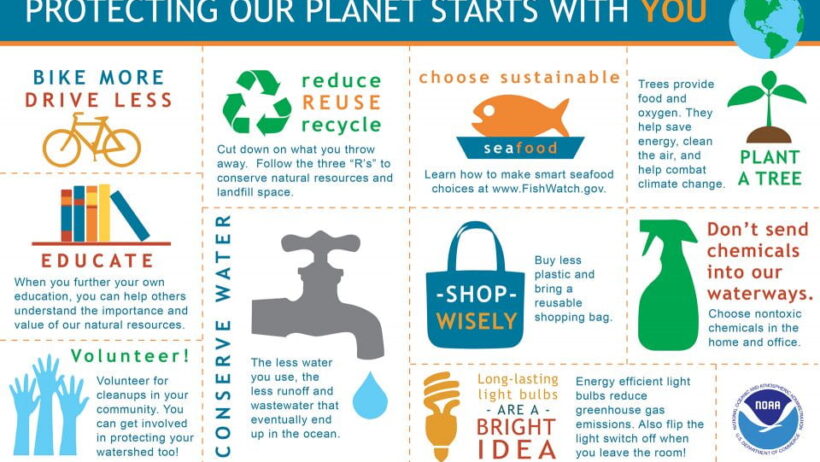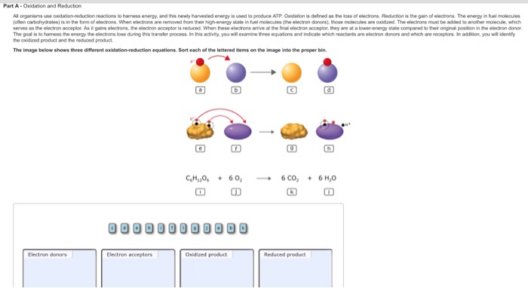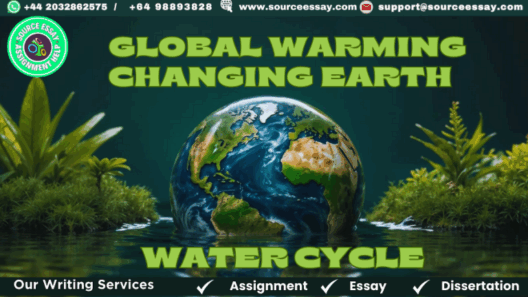Global warming is an undeniably pressing issue that impacts every inhabitant on Earth. It has become a familiar term, yet the intricacies of this phenomenon often elude many. To grasp the concept of global warming fully, one must delve into its mechanics, implications, and underlying causes. As our planet continues to heat up, we are compelled to explore this pressing concern from its foundational elements to its far-reaching consequences.
At its core, global warming refers to the gradual increase in the Earth’s average surface temperature due to the accumulation of greenhouse gases (GHGs) in the atmosphere. These gases, comprised primarily of carbon dioxide (CO2), methane (CH4), and nitrous oxide (N2O), trap heat from the sun, thereby creating an insulating layer that warms the planet. This natural process, known as the greenhouse effect, is essential for sustaining life. Without it, our world would be inhospitably frigid. However, human activities have intensified this effect, leading to detrimental outcomes.
The principal culprit behind this alarming trend is the combustion of fossil fuels, such as coal, oil, and natural gas. These materials release vast quantities of CO2 when burned for energy production, transportation, and industrial processes. As societies industrialized, the reliance on fossil fuels surged, resulting in unprecedented GHG emissions. Consequently, the concentration of carbon dioxide in the atmosphere has surged by more than 40% since the pre-industrial era, marking a substantial deviation from natural cycles.
Deforestation exacerbates the situation further. When forests are cleared for agriculture, urban development, or other purposes, not only is the carbon stored in trees released back into the atmosphere, but the planet’s capacity to absorb CO2 diminishes. Trees play a vital role in sequestering carbon, making their loss a double-edged sword in the fight against global warming. This alarming trend reflects not only an environmental crisis but also an ethical dilemma regarding humanity’s relationship with nature.
The ramifications of global warming extend beyond mere temperature increases; they infiltrate various facets of life, sparking profound alterations in weather patterns and ecosystems. Rising temperatures influence the frequency and intensity of extreme weather events, including hurricanes, droughts, and floods. Research indicates that with every degree Celsius increase in global temperature, the likelihood of such disasters escalates. Communities worldwide are beginning to witness the effects, from intensified storms wreaking havoc on coastal cities to prolonged droughts debilitating agricultural regions.
Additionally, climate change engenders the phenomenon of ocean warming and acidification. The oceans act as a thermal sink, absorbing a significant portion of the excess heat generated by GHG emissions. As surface temperatures rise, marine ecosystems experience critical stress. Coral reefs, which are among the most biodiverse ecosystems on the planet, face bleaching events, endangering the myriad species that rely on them for survival. Furthermore, increased CO2 levels lead to ocean acidification, undermining the ability of organisms like shellfish and certain plankton to build their calcium carbonate shells. The cascading effects on marine food webs could profoundly impact global fisheries, compromising food security for millions.
Furthermore, the melting of polar ice caps and glaciers is another harbinger of the crisis. The Arctic region is warming at a rate nearly double that of the global average, resulting in shrinking ice sheets and rising sea levels. Coastal cities are particularly vulnerable to inundation, potentially displacing millions of people. The implications of climate migration are significant, as entire communities may find themselves compelled to relocate, resulting in social, economic, and political repercussions.
The complexities of global warming also extend to implications for biodiversity loss. Ecosystems face immense pressure as species struggle to adapt to changing climates, leading to habitat fragmentation and increased extinction rates. The delicate balance of various ecosystems is disrupted, fostering an environment where invasive species may thrive, further threatening native biodiversity. Conserving habitats and protecting species is paramount to maintaining ecological integrity in the face of climate change.
Addressing global warming requires a multifaceted approach, incorporating both mitigation and adaptation strategies. Mitigation entails reducing GHG emissions and enhancing carbon sinks. Transitioning to renewable energy sources—such as solar, wind, and hydroelectric power—plays a pivotal role in curbing reliance on fossil fuels. Innovations in technology, such as carbon capture and storage, also present potential pathways to minimize emissions from industrial sources.
On the other hand, adaptation involves preparing for the inevitable impacts of climate change. This may encompass improving infrastructure resilience, developing sustainable agricultural practices, and enhancing water management systems. Additionally, public awareness and education regarding climate change are essential to foster a culture of sustainability, empowering individuals and communities to take action.
While the facts surrounding global warming can seem daunting, awareness and proactive measures are vital to mitigating its impacts. Individuals, governments, and organizations must unite in collective efforts to combat climate change. By implementing innovative policies and adopting sustainable practices, humanity can work toward a more resilient and sustainable future.
In conclusion, global warming is not merely a scientific concept; it represents a multifaceted challenge that intertwines environmental, social, and economic dimensions. Understanding how our planet heats up is crucial for acknowledging our individual and collective responsibilities in addressing climate change. As we confront this existential crisis, it is imperative to rally for action and remain vigilant stewards of our planet for generations to come.







